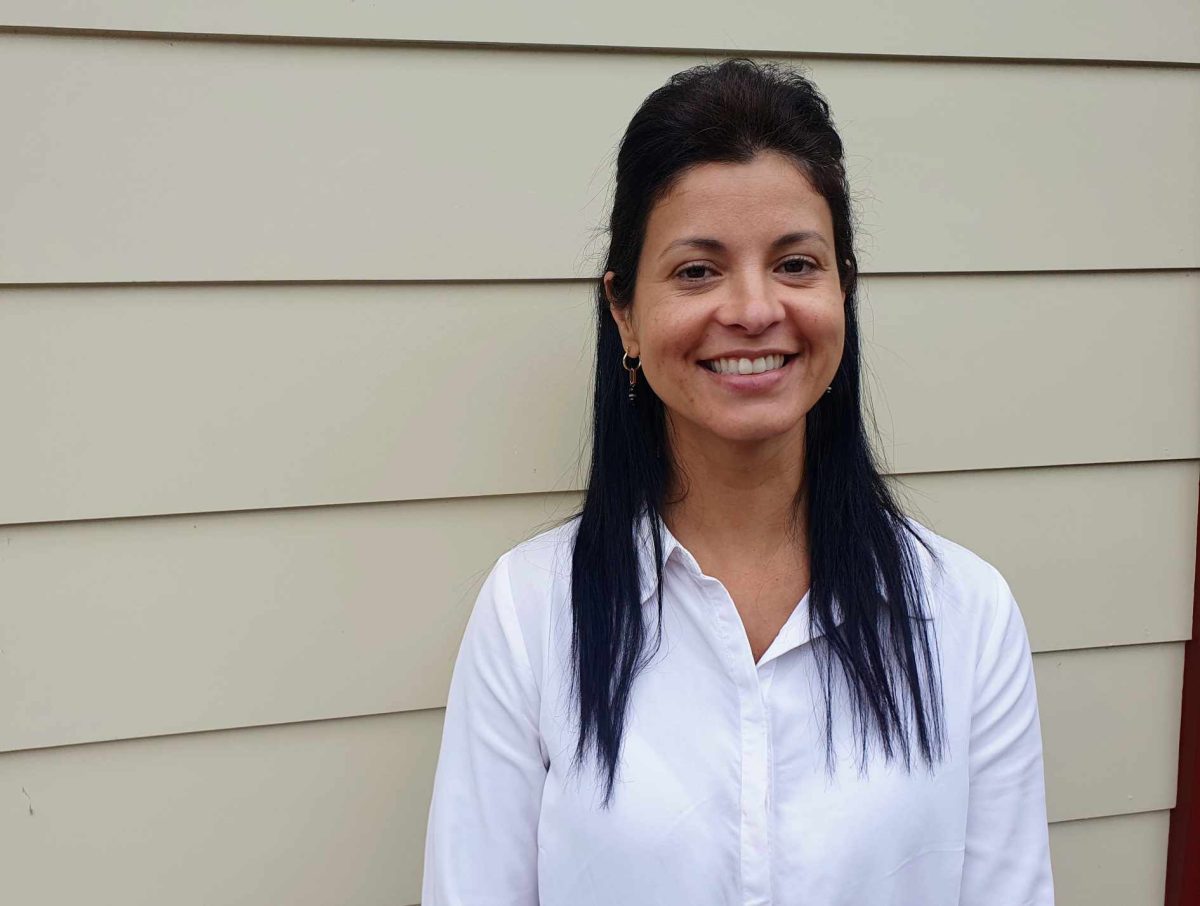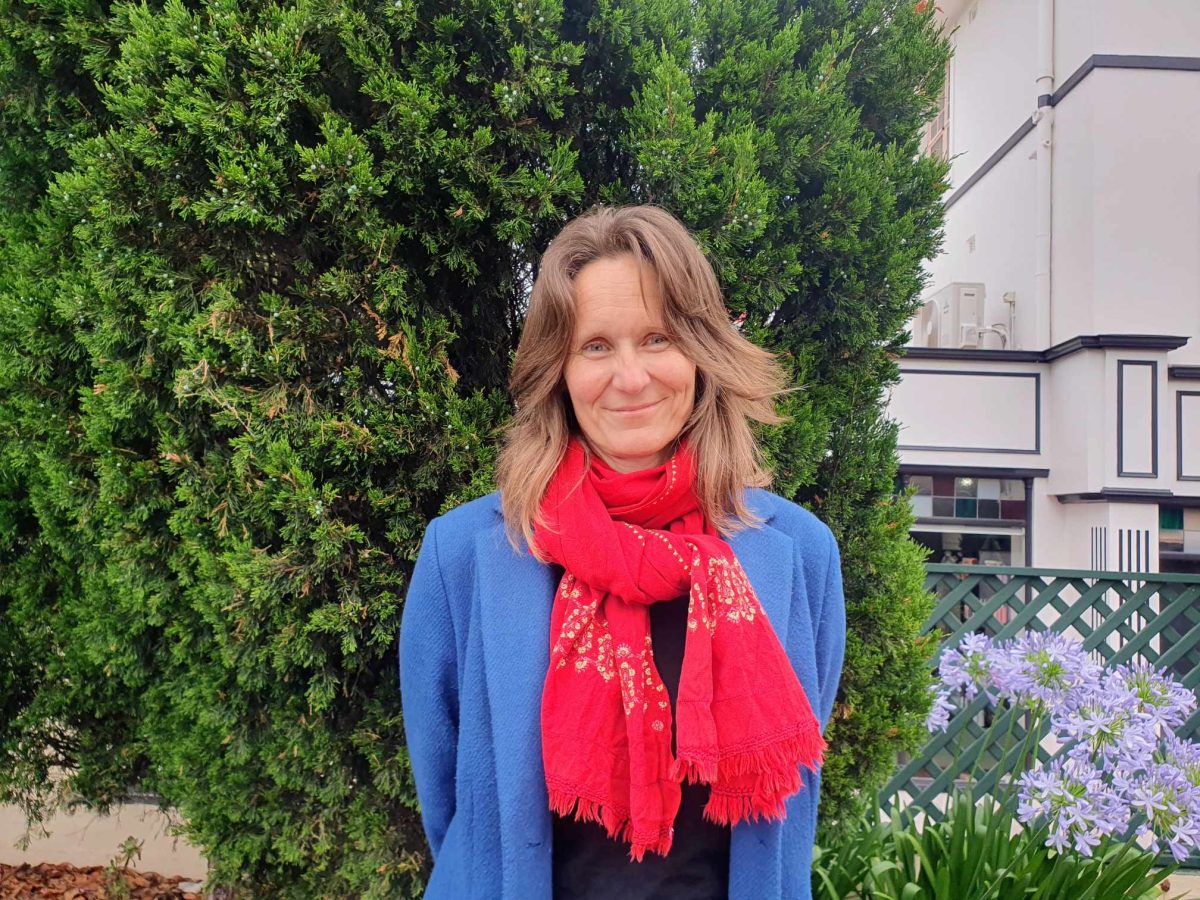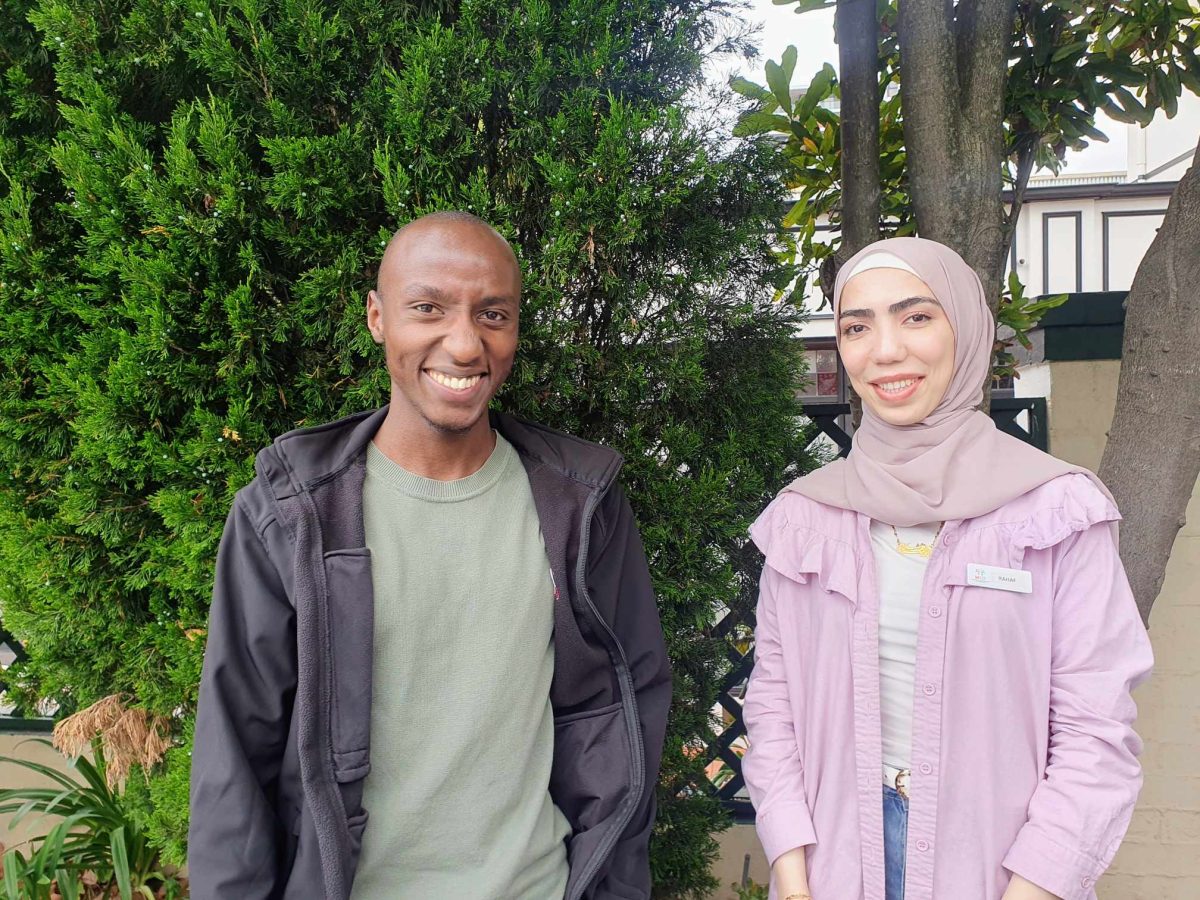
Christmas in Australia means something different to everyone – but extra time to spend with friends and family is universally beloved. Photo: Wavebreakmedia.
We know Australia is the weird cousin of Christmas when we compare ourselves to the Northen Hemisphere – no snow, sleigh rides or mulled wine here.
It’s not just UK and US expats who get a bit of culture shock when the most magical time of year rolls around though.
Just shy of half the Illawarra’s population has at least one parent born overseas, according to the most recent Census data.
From Norway to Iran, Brazil to Kenya, Christmastime can look very different for families across our community.
Region caught up with members of our community who were born overseas, but now call Australia home, to learn what Christmas means to them.

Debora Santos, from Brazil, is looking forward to a special visit from her mum this Christmas. Photo: Zoe Cartwright.
Debora Santos is from the state of Mina Gerais in Brazil
Brazil and Australia are surprisingly similar when it comes to the Christmas season.
Both are Christian-majority countries that celebrate in summer with warm weather, friends and family, and plenty of food – although in Brazil the big celebration is held on 24 December, and 25 December is reserved for lazing around and eating leftovers, much like Boxing Day.
There’s also a bit of a boost to get people in the festive mood. In Brazil salaried workers get an extra paycheck in December and have cash to splash for the celebration.
Since Debora and her family moved to Australia, Christmas has become a time of mixed feelings.
“We are so grateful to be here in Australia, but when you don’t have your family at a time like Christmas you feel that hole in your heart,” she said.
“We try to go back every couple of years, or we celebrate with our friends who we call family here in Australia.”
This year Debora’s mum will make the journey out for an extra special celebration, with food at the centre.
“We love to cook with friends and see everyone eating; it would be a big disappointment if you invite someone and they don’t eat,” Debora said.
“At Christmas everything is served with rice and farofa, a dish made with cassava, then chicken, pork, roast turkey and green salad.”
They also have a game called Secret Friend – like Secret Santa with a wholesome twist.
“You pick a name, on the day you describe them – ‘My secret friend is beautiful, she is friendly …’ and then you have to guess if you are the person being described,” Debora said.
“It’s the time you understand if you like someone or not in the family!”

Pia Solberg, from Norway, loves the laid-back, outdoorsy vibes of Australian Christmases. Photo: Zoe Cartwright.
Pia Solberg is from Norway and has lived in Australia for 24 years.
Pia said growing up in Norway meant Christmas was dark, cold and snowy. Her family traditions sound like a dream for anyone raised on European Christmas stories.
They would go out into the forest to find a tree and decorate it on 23 December. On the morning of 24 December everyone would get one present before going to church.
“Most people in Norway are not religious so they go once a year and feel a little bit guilty and the priest either makes you feel more guilty or tells you it’s OK,” Pia said.
“Then you go home and have porridge with an almond in it – whoever gets the almond gets a marzipan pig.”
In the evening the family would have a big dinner, dress up in their national costume and dance around the Christmas tree, until the final song when they would run around it so fast everyone would fall over, before sharing lots of presents.
“I don’t know any other family who does the dance around the tree; I think that was just us,” Pia said.
Without extended family, Christmas in Australia is much more low-key – and Pia said she’s a fan.
“In Norway at Christmas you’re shut up with your family, so you’re unfortunate if you don’t like your family,” she said.
“In Australia you can go to the beach, you can get outside.”

David Muriuki and Rahaf Aljasiy from the Illawarra Multi Cultural Centre share their experiences of Christmas in Australia. Photo: Zoe Cartwright.
Rahaf Aljasiy is from Syria and has lived in Australia for six years
There are three things that make Christmas in Australia stand out for Rahaf – candy canes, community, and the sales.
When she and her family first arrived in Australia they were confused by the greeting “Merry Christmas”.
“All the neighbours would say it; we had to ask someone, ‘What does this mean?,'” she said.
“They explained it was like a greeting we use during Ramadan, ‘Ramadan Kareem’.
“Now we say Merry Christmas to our neighbours and during Ramadan they say Ramadan Kareem.”
Rahaf’s younger sister was quick to learn what Christmas meant to her – a special kind of candy.
“Even though we don’t celebrate she looks forward to it all year for the candy canes,” Rahaf said.
“We feel the love; every Christmas we bake sweets for our Australian neighbours like baklava.
“We live in a very multicultural country; you don’t have to believe in something to be nice and respectful.”
Her family takes the time off over the Christmas period to get together, enjoy good food and donate money to their local mosque.
It also marks another highlight of the year – sales.
“I buy a lot on sale at Christmas and save it for gifts and events through the year,” Rahaf said.
“I think it’s in the spirit!”
David Muriuki is from Kenya
David has only lived in Australia for a year and hasn’t had much exposure to an Aussie Christmas yet.
He might be in for a surprise – it’s got little in common with his favourite educational Christmas movie Home Alone.
“That’s my understanding of how Christmas is perceived by European people,” he said.
“Everyone coming together and a big focus on turkey!”
In Kenya, David said Christmas was about the extended family coming together to prepare and share food.
“The women do the cooking and the men will be slaughtering cows or goats, fetching the firewood,” he said.
“I never thought about it when we arrived here; I was so excited to be here for a better life.”
Fereshta Ataee, is from Afghanistan but was born in Iran and has lived in Australia for six years
Fereshta’s younger siblings who have grown up in Australia have a special love of Christmas that their dad has indulged.
“We didn’t celebrate Christmas growing up because we are Muslim,” she said.
“Each year my dad gets a tree and some presents for my brother and sister; they really like it.”
Growing up, their big family celebration was new year, held at the end of March, and Yalda night, a winter solstice festival.
“We would all gather at my grandma’s house – my aunties, uncles, cousins, everyone,” Fereshta said.
“We share a big meal together and especially eat lots of fruit, like watermelon, because winter is coming.”


















